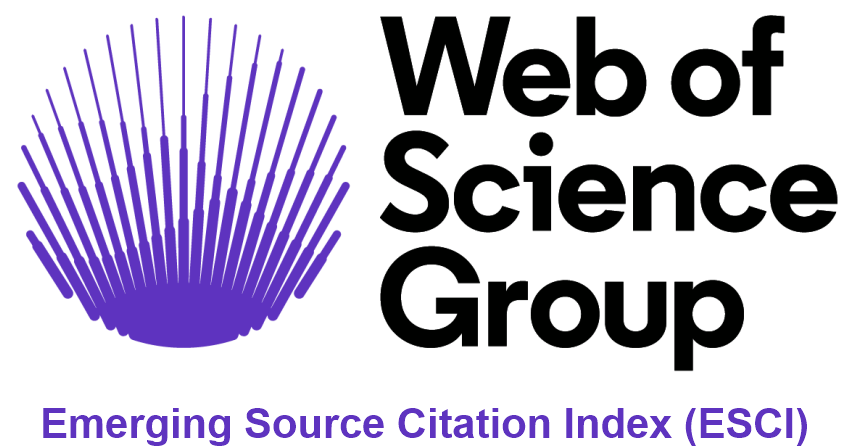Taxing flavored waters (soda): an alternative for financing the fight against diabetes in México
Abstract
Diabetes is the number one cause of death in people of productive
age in México, generating high economic and social costs at the
micro and macroeconomic levels. In 90% of diabetes cases, they
are attributed to obesity, which is directly related to imbalances
in the diet and to a sedentary lifestyle. The average expenditure
in soda consumption is equivalent to 12 and 7.5% of the basic
food basket, rural and urban, respectively. The objective of
this study was to propose an alternative for financing diabetes
treatment by imposing a tax on soda consumption. The
methodology consists in estimating the expenditure in diabetes
treatment and soda consumption using information from the
ENSANUT 2006 databases, and performing a sensibility analysis
with different tax sums, and in view of different scenarios for
product price elasticities. Results indicate that the income
generated from a tax of two to three pesos per liter, taking into
account a price elasticity between -0.5 and 1.0, might cover
the total cost generated by diabetes treatment in México, and
decrease its consumption in 13% to 19%.
Downloads
Published
How to Cite
Issue
Section
License
Authors who publish in this journal accept the following conditions:
- The authors retain the copyright and transfer to the magazine the right of the first publication, with the work registered with the Creative Commons attribution license, which allows third parties to use what is published as long as they mention the authorship of the work and the first publication in this magazine.
- Authors may make other independent and additional contractual arrangements for non-exclusive distribution of the version of the article published in this journal (e.g., including it in an institutional repository or publishing it in a book) as long as they clearly indicate that the work It was first published in this magazine.
- Authors are permitted and encouraged to publish their work on the Internet (for example on institutional or personal pages) before and during the review and publication process, as it can lead to productive exchanges and greater and faster dissemination of the work. published (see The Effect of Open Access).













